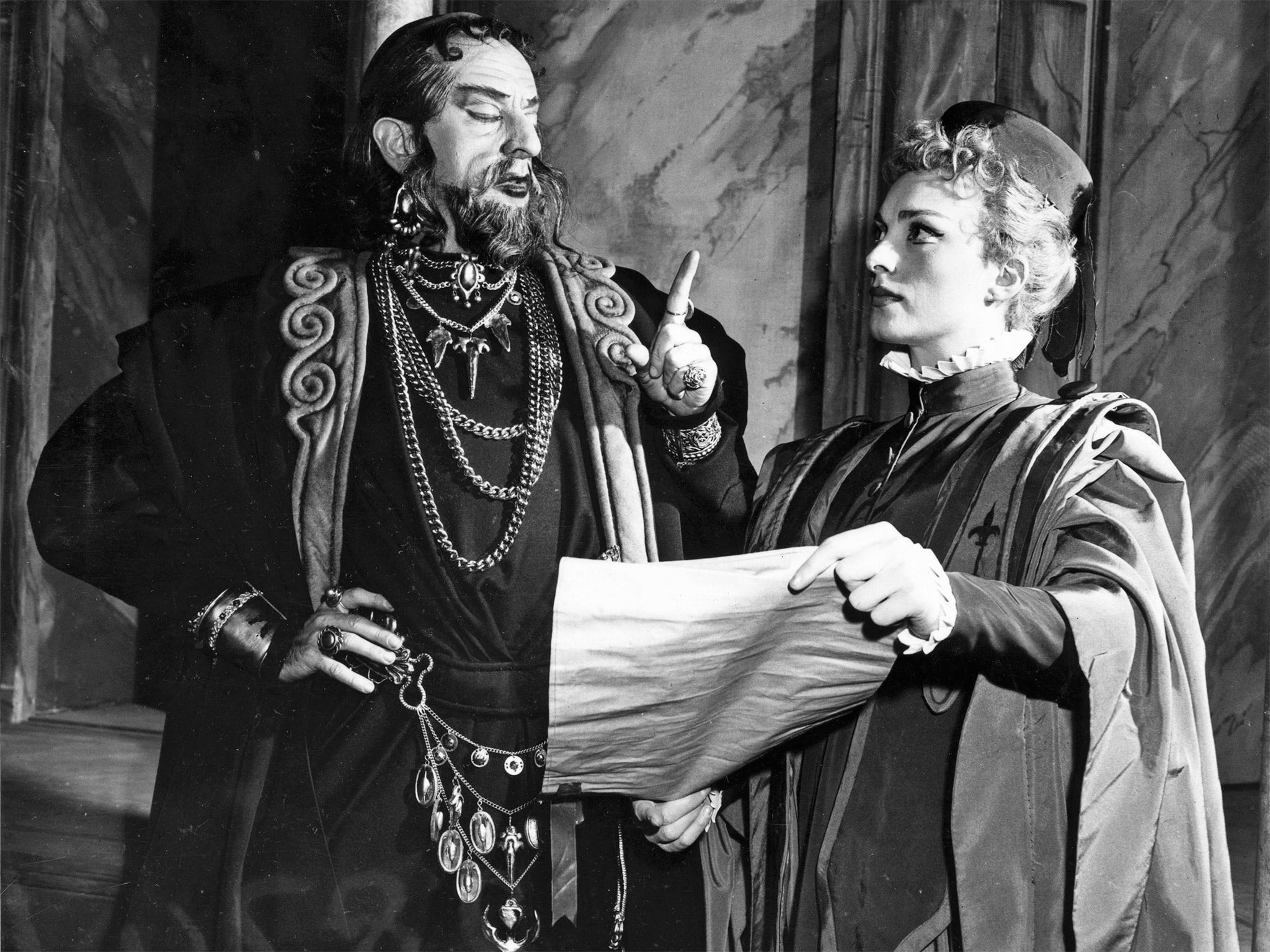The Merchant of Venice at a glance: Your brief guide to Shakespeare's most controversial play
The Merchant of Venice was probably written between 1596 and 1598

Plot
Bassanio fancies Portia, a wealthy heiress. He is desperate for a loan so that he can raise the adequate funds to appear a worthy suitor. Antonio says he’ll be the loan’s guarantor and Bassanio gets the money from Shylock the Jew. If Bassanio fails to repay the loan, it is agreed that Shylock will take a pound of Antonio’s flesh.
Bassanio wins the hand of Portia, but Shylock refuses his offer of repayment. He wants a piece of Antonio (literally) and demands to be paid in his flesh. However, having not read the small print on his own contract – which demanded flesh but not blood – Shylock is ordered to forfeit all he owns and convert to Christianity.
Themes
Anti-Semitism – and the revenge thereof; social injustice; love; money; worthiness.
Background
While The Merchant of Venice was probably written between 1596 and 1598, the forfeiture of deadly bonds by those who had vouched for their friends was a common theme in the late 16th century. The first recorded performances were within a few days of each other at the court of King James I in 1605, but no other productions are known of until the 18th century. In a 2004 film directed by Michael Radford, Al Pacino took on the role of Shylock, with Jeremy Irons as Antonio and Joseph Fiennes as Bassanio.
Key characters
Bassanio: amorous young suitor, in love with Portia.
Antonio: melancholic merchant of Venice.
Shylock: the Jewish moneylender who hates Antonio.
Top lines
* “I hold the world but as the world, Gratiano, A stage, where every man must play a part; And mine a sad one.” Antonio reflects on his sorrow, Act 1 Scene 1
* “Love is blind.” Jessica utters the famous phrase, Act 2 Scene 4
* “All that glisters is not gold.” In a secondary plot, Portia’s suitors are offered the choice of three caskets, one gold, one silver and one lead, Act 2 Scene 7
* “If you prick us, do we not bleed? If you tickle us, do we not laugh? If you poison us, do we not die? And if you wrong us, shall we not revenge?” Shylock defends the Jews, Act 3 Scene 1
Echoes
In the Steven Spielberg film Schindler’s List, the evil Amon Goeth quotes the play, asking “Hath a Jew not eyes?” The title of the film Seven Pounds is a reference to the “pound of flesh” from the play.
Subscribe to Independent Premium to bookmark this article
Want to bookmark your favourite articles and stories to read or reference later? Start your Independent Premium subscription today.

Join our commenting forum
Join thought-provoking conversations, follow other Independent readers and see their replies